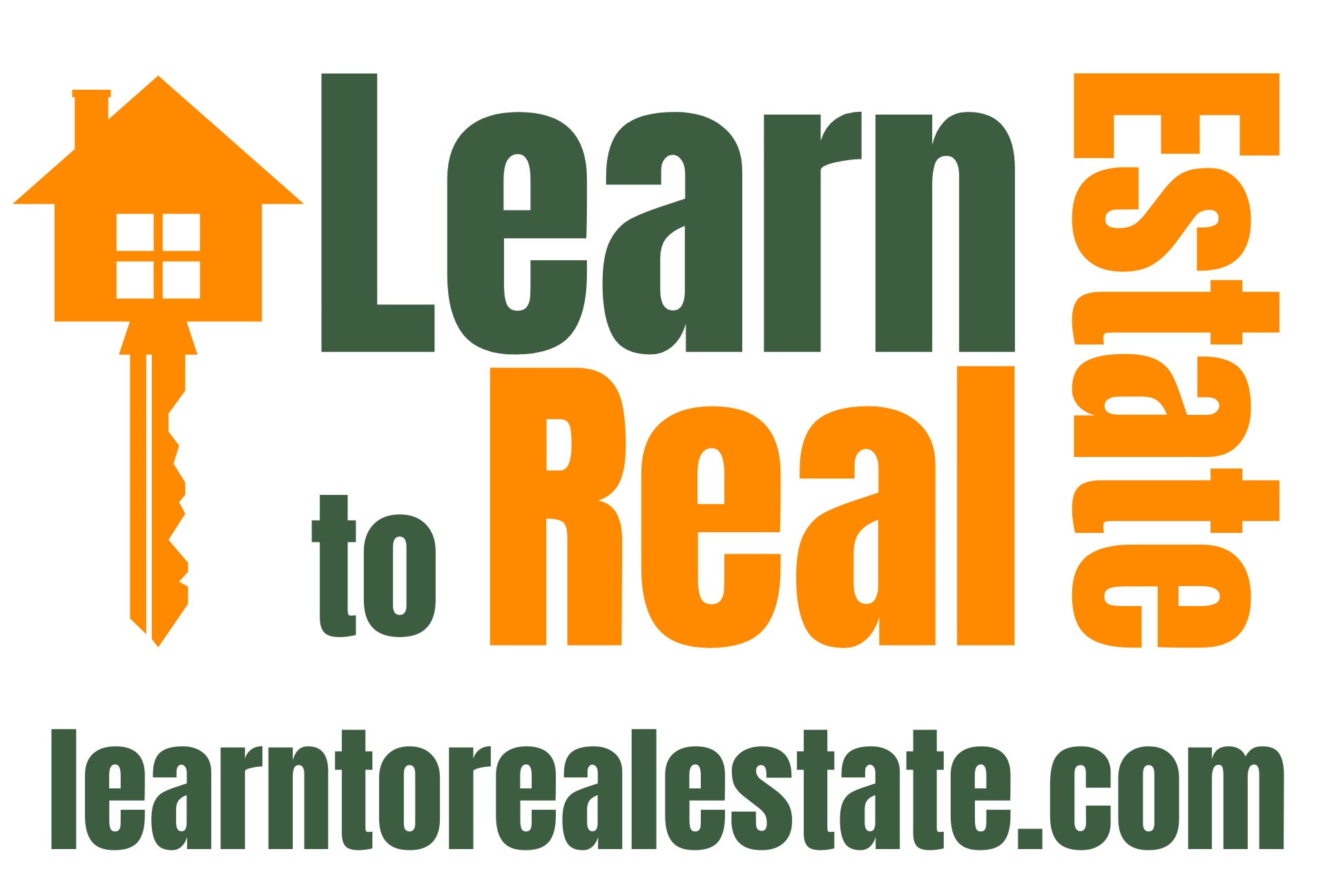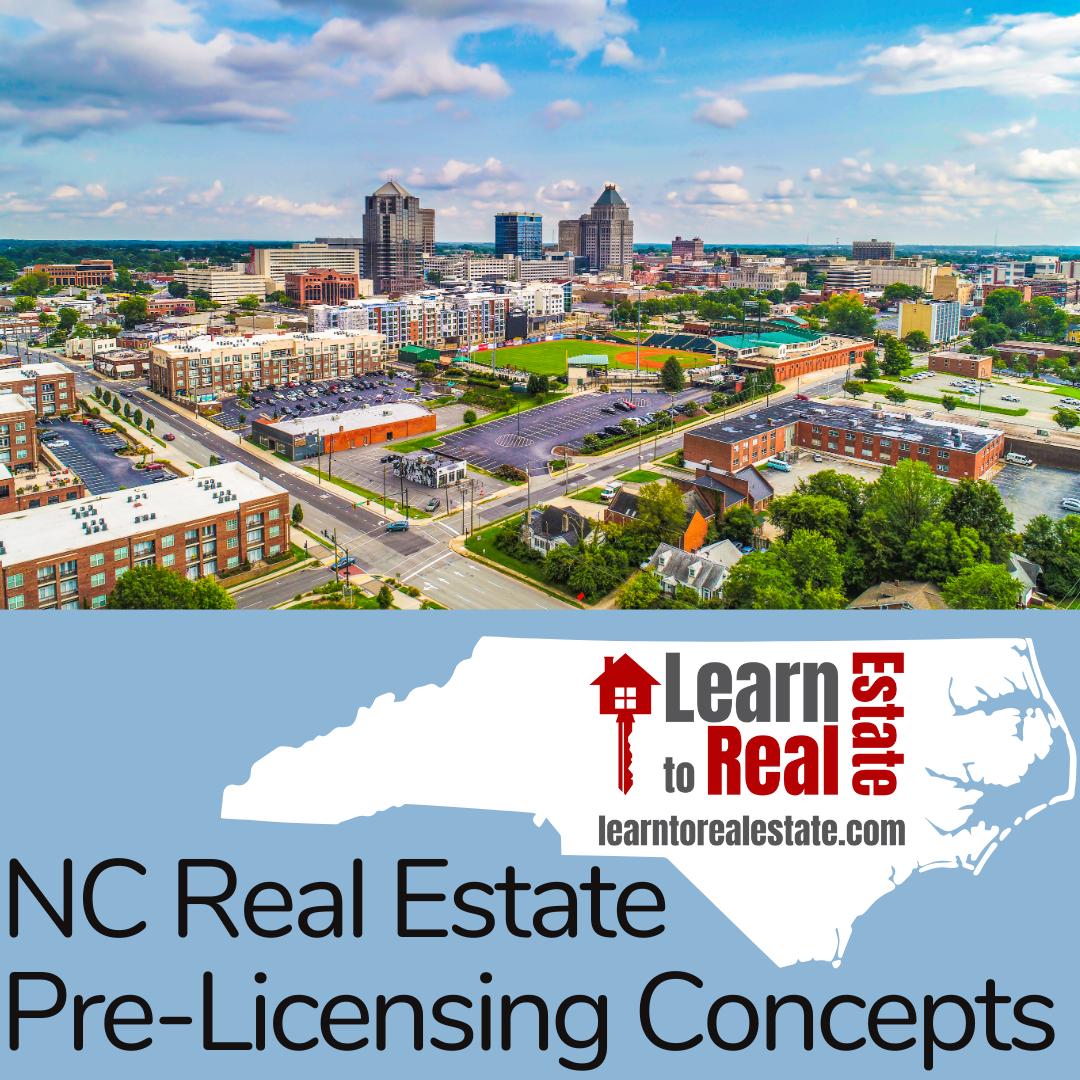- Real estate refers to the physical land and anything permanently attached to it, while real property encompasses both the physical land and the associated bundle of rights.
- The bundle of rights, often referred to as “PUTEE”, includes:
- Possession: The right to occupy the property.
- Use: The right to control the property and how it is used.
- Transfer: The right to sell, lease, or transfer ownership.
- Exclusion: The right to prevent others from entering or using the property.
- Encumberable: The right to place encumbrances (e.g., mortgages) on the property.
- Land in real estate is characterized by immobility, indestructibility, and non-homogeneity, meaning it cannot be moved, destroyed, and every parcel is unique.
- There are different types of property:
- Real Property: Land and any permanent attachments.
- Personal Property (Chattels): Anything that is movable.
- Fixtures: Personal property that has become part of the real property, with the exception of trade fixtures, which are personal property of a business leasing the space.
- Emblements: Crops considered personal property despite being attached to the land.
- Rights in real property extend beyond the surface and include:
- Surface Rights: Rights to use the surface of the land.
- Subsurface Rights: Rights to resources below the surface.
- Air Rights: Rights to the space above the land.
- Water Rights: Riparian Rights for properties next to rivers and streams, and Littoral Rights for those by lakes and seas.
- Ownership can be held as a:
- Freehold Estate: Ownership with the potential for unlimited duration, like Fee Simple Absolute, the most complete form of ownership.
- Leasehold Estate: Possession for a limited time, like an Estate for Years.
Understanding these concepts is crucial for anyone involved in real estate in North Carolina.
Vocabulary
- Real Estate: The physical land and anything permanently attached to it.
- Real Property: Real estate plus the bundle of rights associated with owning the property.
- Bundle of Rights: The set of legal rights that come with owning real property (PUTEE).
- Possession: The right to occupy and use the property.
- Use: The right to control how the property is used.
- Transfer: The right to sell, lease, or give away the property.
- Exclusion: The right to prevent others from accessing the property.
- Encumberable: The right to borrow money against the property or place limitations on its use.
- Immobility: The characteristic of land that it cannot be moved.
- Indestructibility: The characteristic of land that it cannot be destroyed.
- Non-homogeneity: The characteristic of land that each parcel is unique.
- Personal Property (Chattels): Movable items that are not permanently attached to the land.
- Fixtures: Items that were once personal property but have become permanently attached to the real property.
- Trade Fixtures: Fixtures installed by a business tenant for commercial purposes, remaining the tenant’s personal property.
- Emblements: Crops grown on the land, considered personal property even though they are attached to the land.
- Surface Rights: Rights to use the surface of the land.
- Subsurface Rights: Rights to use and extract resources below the surface of the land.
- Air Rights: Rights to use the airspace above the land.
- Water Rights: Rights to use water sources on or adjacent to the property.
- Riparian Rights: Water rights for properties bordering rivers and streams, granting reasonable use of the water flow.
- Littoral Rights: Water rights for properties on the shores of lakes and oceans, generally extending to the high-water mark.
- Freehold Estate: An estate in land representing ownership for an unlimited duration.
- Fee Simple Absolute: The most complete form of freehold estate, granting the owner full and unrestricted ownership.
- Leasehold Estate: An estate in land granting possession and use rights for a limited period, as defined by a lease agreement.
- Estate for Years: A type of leasehold estate with a fixed start and end date.
Sample Quiz on Basic Real Estate Concepts:
- What is the difference between real estate and real property?
- A) Real property includes ownership rights, while real estate refers only to land and buildings.
- B) Real property is land only, while real estate includes buildings.
- C) Real estate refers to the ownership rights, while real property refers to land and buildings.
- D) There is no difference between real estate and real property.
- Which of the following is NOT part of the bundle of rights?
- A) Possession
- B) Exclusion
- C) Taxation
- D) Transfer
- True or False: Trade fixtures installed by a tenant in a leased retail store become the landlord’s property when the lease ends.
- Which characteristic of land refers to the fact that no two parcels are exactly alike?
- A) Immobility
- B) Indestructibility
- C) Non-homogeneity
- D) Uniqueness
- What are riparian rights associated with?
- A) Lakes and seas
- B) Airspace above land
- C) Rivers and streams
- D) Subsurface minerals

